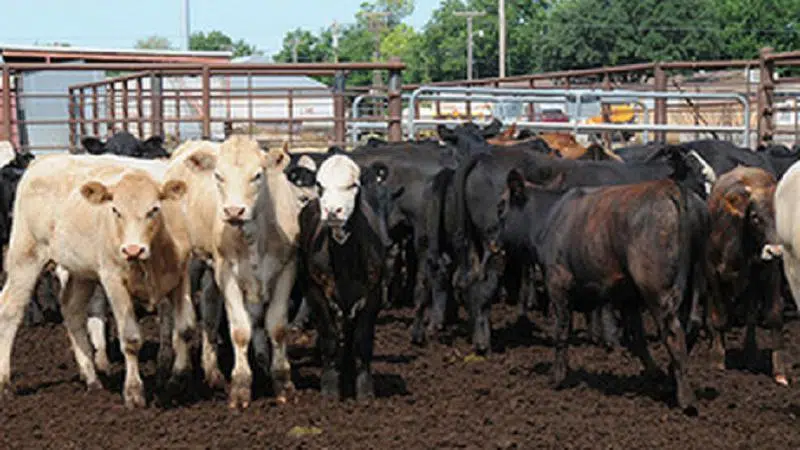
Court of Queen’s Bench to rule on Ponoka County plan affecting large-scale livestock operators
It’s now up to the courts to determine if a Ponoka County area structure plan is unfair to large-scale livestock operators.
On Feb. 20, a dispute between the county and the Ponoka Right to Farm Society was heard in Wetaskiwin Court of Queen’s Bench, with both sides now waiting on a ruling.
John Hulsman, board member and spokesperson for the Ponoka Right to Farm Society, says their issues began in the summer of 2018 when the county released its proposed North-West Ponoka Area Structure Plan (NWPASP).
“The initial plan they came up with in 2018 was no for new or expanding Confined Feeding Operations (CFOs), so if you were an existing operation in that area, you weren’t allowed to expand, nor were you able to go into that area and start a new one,” Hulsman explained.


